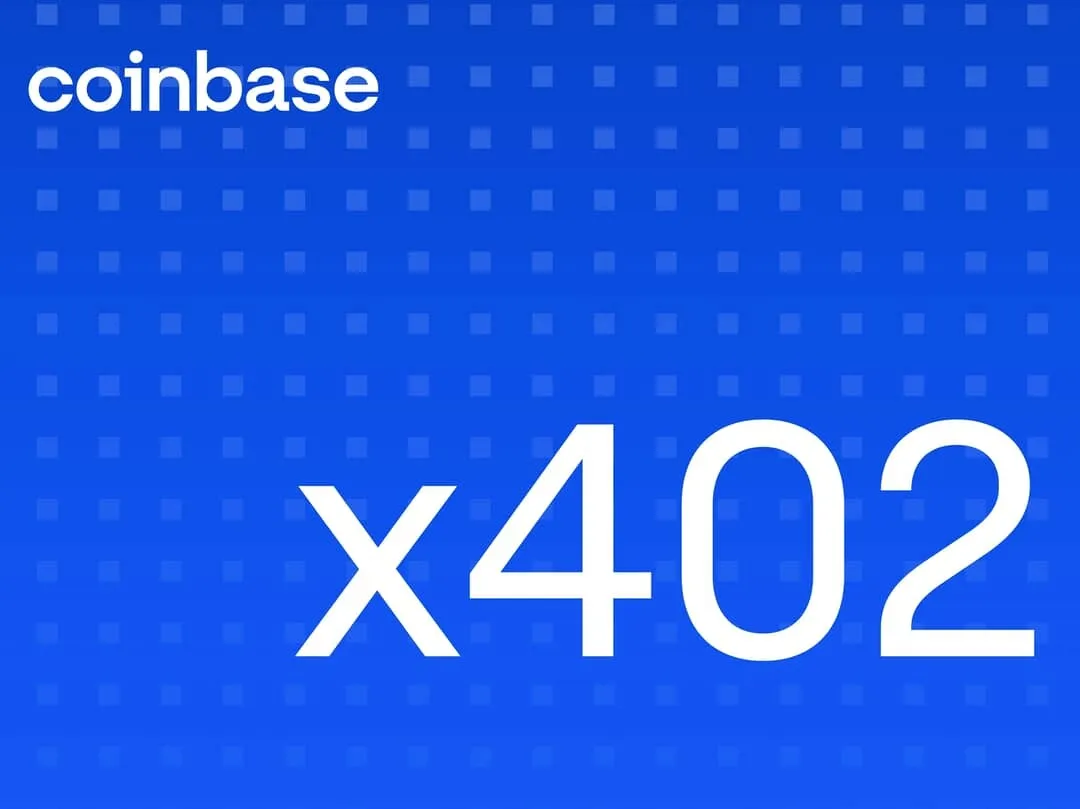From the world's first tokenized government bond to a cryptocurrency payment plan for tourists, Thailand is pushing the tokenization of real-world assets from concept to practice with national will.
In the fierce competition of digital finance in Southeast Asia, Thailand is demonstrating unprecedented ambition. This country of 70 million people is no longer satisfied with being a follower; instead, it is pushing the tokenization of real-world assets from paper to reality through strong national intervention.
From the groundbreaking issuance of the world's first tokenized government bond G-Token to the innovative plan allowing tourists to directly use cryptocurrency for travel expenses, Thailand is conducting an unprecedented financial restructuring experiment under national leadership.

1. National Strategy: An Inevitable Choice for Digital Economic Transformation
The Thai government's systematic support for the digital economy has laid a solid foundation for the development of RWA. According to the "Digital Thailand" strategy and the "Thailand 4.0" twenty-year development plan, Thailand is committed to achieving comprehensive digital transformation, aiming to join the ranks of developed countries by 2037.
The three-pillar regulatory framework has established a solid foundation for the development of RWA in Thailand:
● The Thai Securities and Exchange Commission as the core regulator of the digital asset market
● The Bank of Thailand responsible for the stability of the monetary payment system
● The Anti-Money Laundering Office focusing on the prevention of financial crimes
The Emergency Decree on Digital Asset Business (No. 2), effective from April 2025, introduced the eye-catching "long-arm jurisdiction" policy, requiring any foreign platform that provides services to Thai users to apply for a digital asset license.
This policy means that international platforms face a clear choice: either establish a physical presence in Thailand and accept comprehensive regulation or completely exit the Thai market.
2. Core Practices: From Government Bonds to Tourism Payments
Thailand has made substantial progress in the RWA field, mainly reflected in two groundbreaking projects:
G-Token: The Digital Revolution of Sovereign Bonds
In 2025, the Thai Ministry of Finance successfully issued the world's first tokenized government bond, amounting to 5 billion baht, listed on a digital asset exchange. This innovation not only enhanced trading transparency and efficiency but also lowered the investment threshold to 3 dollars.
Characteristics
G-Token
Traditional Bonds
Investment Threshold
As low as 3 dollars
Targeting institutions and wealthy investors
Trading Platform
Digital asset exchange
Traditional securities exchange
Settlement Efficiency
Based on blockchain technology
Traditional financial infrastructure
Transparency
Blockchain is immutable
Relies on traditional information disclosure
Source: AiCoin整理
TouristDigiPay: An Innovative Experiment in Tourism Finance
This plan allows foreign tourists to exchange cryptocurrency for baht for domestic consumption, but does not support direct payment with digital assets. The project has set strict risk control measures:
● Single payment not exceeding 100,000 baht
● Monthly total not exceeding 550,000 baht
● Strict KYC/AML checks
● High-risk industry merchants are prohibited from participating
3. Ecosystem: Key Data and Regulatory Progress
The construction of Thailand's RWA ecosystem shows a comprehensive advancement, with significant progress in various fields.
Field
Main Measures
Scale and Progress
Implementation Characteristics
Sovereign Bonds
G-Token issuance
5 billion baht
Globally pioneering, low investment threshold
Tourism Payments
TouristDigiPay
Operational in Q4 2025
Regulatory sandbox model
Regulatory Framework
Long-arm jurisdiction clause
Effective from April 2025
Comprehensively includes global platforms
Market Transformation
Institutional investment opening
New regulations in October 2024
Shift towards institutional dominance
Source: AiCoin整理
● In terms of tax policy, the Thai Revenue Department is drafting a tax framework for G-Token, likely similar to the taxation of interest income. The Director of the Revenue Department, Pinsai Suraswadi, emphasized that G-Token will be taxed according to the tax neutrality principle, ensuring a fair competitive environment with traditional investments.
● The market structure is also undergoing profound changes. The Thai digital asset market is experiencing a shift from retail dominance to institutional dominance. The new regulations in October 2024 allow institutional-level mutual funds and private equity funds to invest in crypto products, marking a move towards a more mature market in Thailand.
4. Real Challenges: Legal Adaptation and Cross-Border Coordination
Despite significant progress in the RWA field, Thailand's development still faces multiple challenges.
● Insufficient adaptability of traditional laws has become a core obstacle. Particularly in the field of real estate tokenization, Thailand's Land Law requires that the transfer of real estate rights must be registered with the land administration department to be effective, while blockchain transaction records currently do not have equivalent legal effect.
● Uncertainty in tax policy suppresses long-term capital investment. Compared to competitors like Singapore and the UAE, Thailand has a clear shortcoming in tax clarity:
Singapore exempts capital gains tax on long-term holdings of crypto assets
The UAE implements a zero tax rate in specific areas
Thailand still relies on traditional tax interpretations, posing a risk of double taxation
● Cross-border regulatory coordination is another major challenge. Although Thailand has strengthened control over foreign platforms through the "long-arm jurisdiction" clause, it is still in the early stages of regulatory collaboration with other Southeast Asian countries.
● Insufficient market liquidity coexists with high compliance costs. The capacity of Thailand's local digital asset market is relatively limited, while meeting tiered capital requirements and complex compliance processes constitutes a high entry barrier, which may suppress the diversity and innovative vitality of the ecosystem.
5. Development Path with Both Opportunities and Challenges
The development of RWA in Thailand presents a unique hybrid characteristic—showing an innovative orientation in areas such as sovereign asset tokenization while adhering to strict regulatory principles in cross-border regulation and platform access.
From a global perspective, Thailand's RWA policy positioning is quite unique:
● Compared to "safety-first" countries like the US and the UK, Thailand is more flexible
● Compared to "innovation-oriented" countries like Singapore and the UAE, Thailand is slightly conservative
● Most similar to "compromise models" like the EU and Hong Kong
The advantages of Thailand's RWA development lie in the demonstrative effect of government-led projects, the natural application scenarios brought by the tourism industry, and a relatively clear licensing management system. These advantages have established Thailand's influence in specific fields in Southeast Asia.
However, the limitations of development are also evident: insufficient adaptability of traditional laws, an unoptimized tax environment, and untested cross-border coordination capabilities. Compared to regions like the EU, South Korea, and Hong Kong, which have established comprehensive RWA compliance frameworks, Thailand still lags in systemic institutionalization, legal clarity, and market predictability.
Thailand has gained a certain first-mover advantage in the RWA field through a unique path of "strict regulation through legislation + sandbox for innovation." From G-Token to TouristDigiPay, Thailand demonstrates different driving models of sovereign institutions and market demand in RWA development.
This financial experiment backed by national credit is not only about technology application but also an attempt to reconstruct the traditional financial order. Its success or failure will depend on whether Thailand can provide sufficient flexibility for innovation while maintaining regulatory rigidity.
Join our community to discuss and grow stronger together!
Official Telegram community: https://t.me/aicoincn
AiCoin Chinese Twitter: https://x.com/AiCoinzh
OKX benefits group: https://aicoin.com/link/chat?cid=l61eM4owQ
Binance benefits group: https://aicoin.com/link/chat?cid=ynr7d1P6Z
免责声明:本文章仅代表作者个人观点,不代表本平台的立场和观点。本文章仅供信息分享,不构成对任何人的任何投资建议。用户与作者之间的任何争议,与本平台无关。如网页中刊载的文章或图片涉及侵权,请提供相关的权利证明和身份证明发送邮件到support@aicoin.com,本平台相关工作人员将会进行核查。



